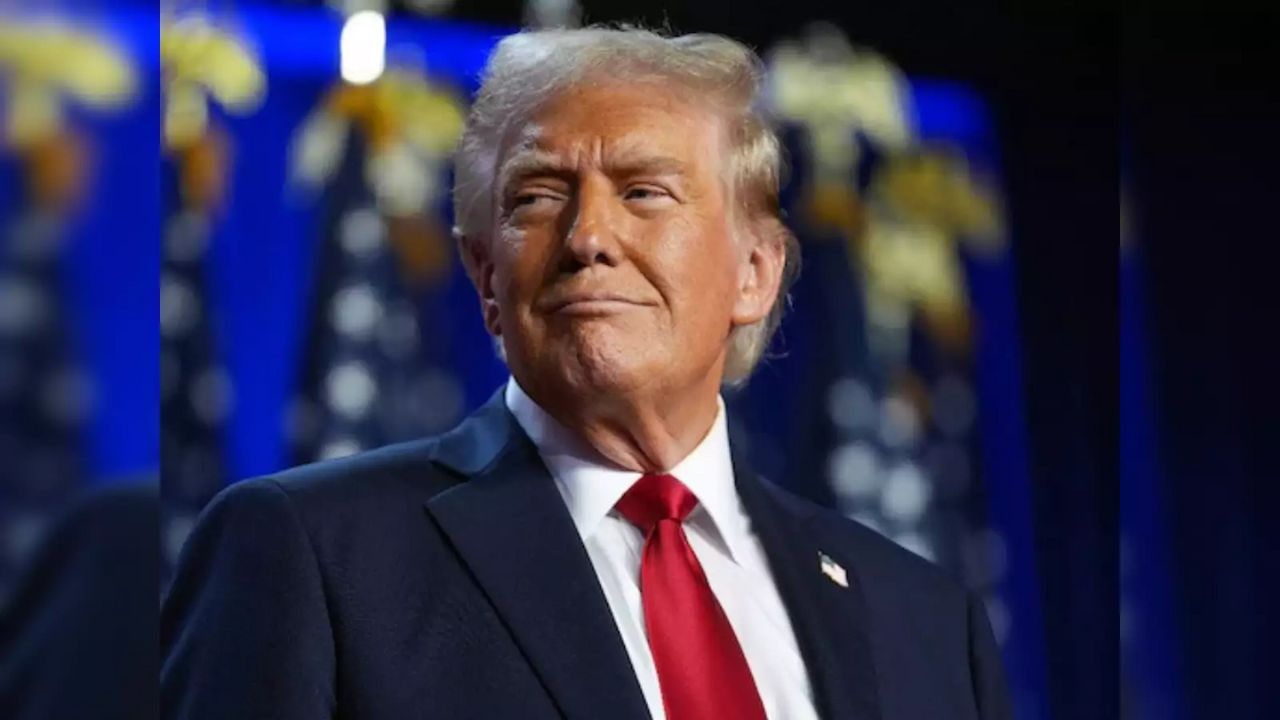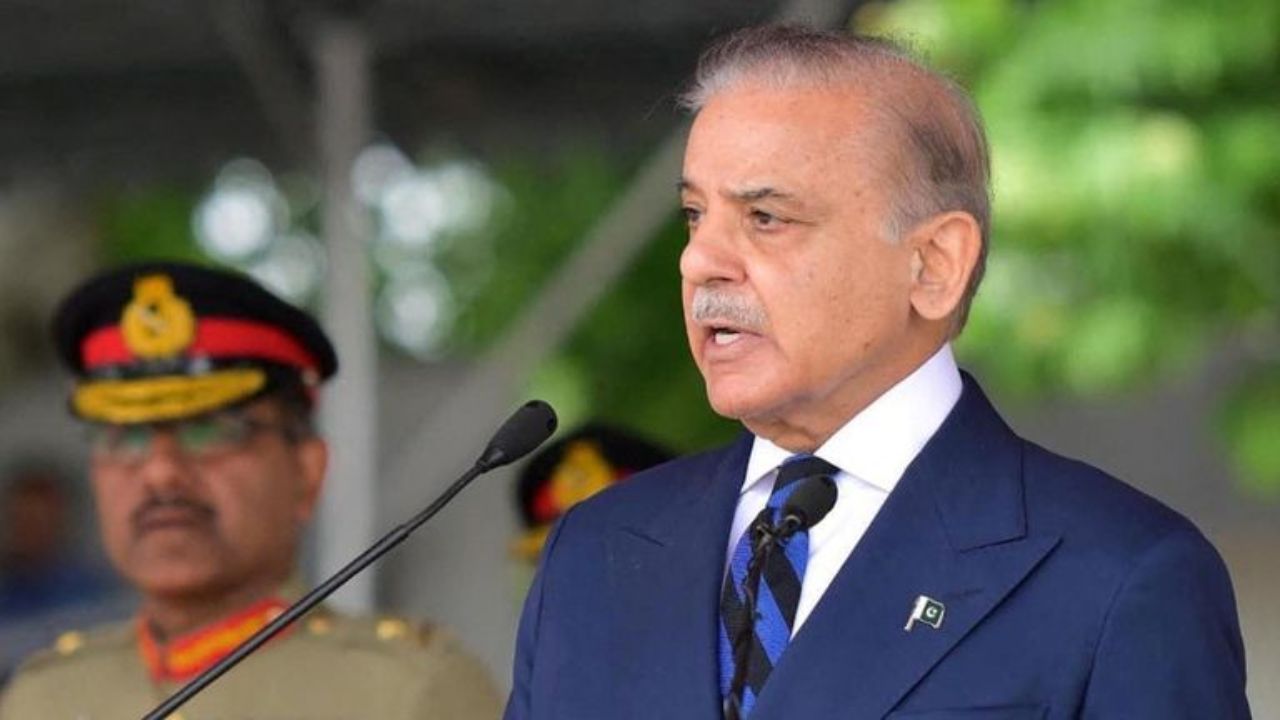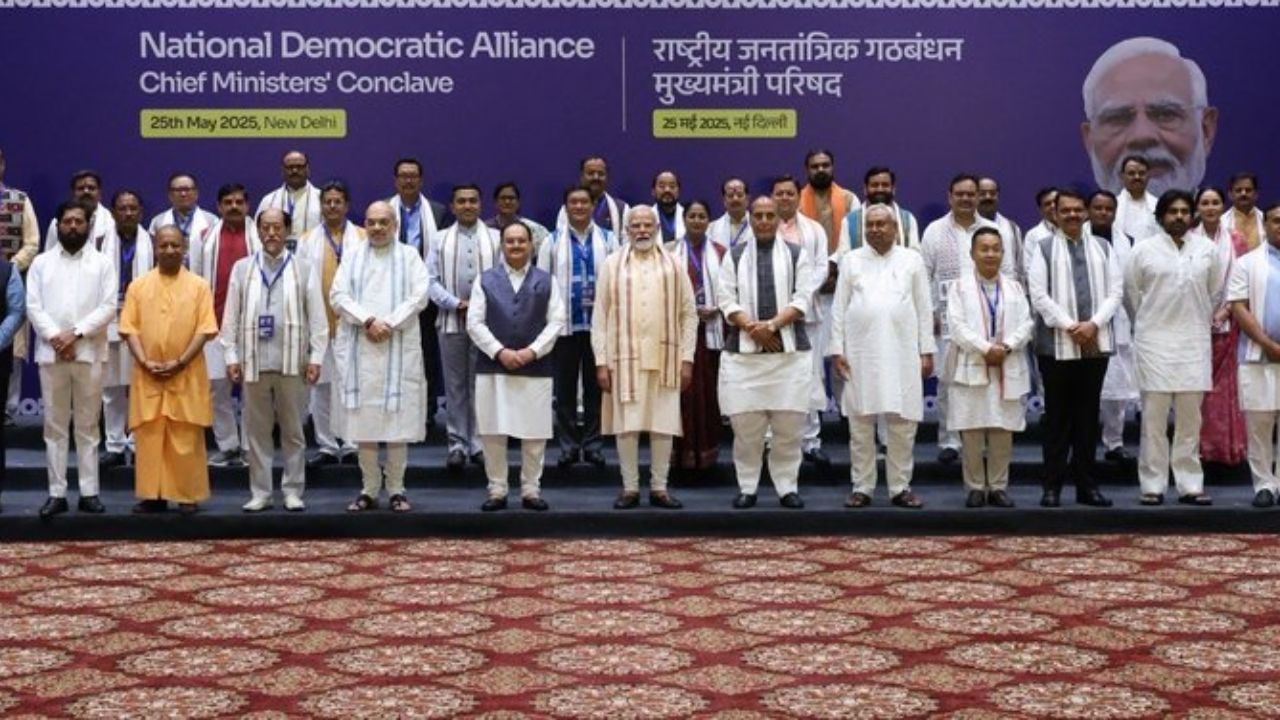Top Universities, Including Harvard and University of Chicago, Caution Faculty Over Trump’s Directive
Trump’s Federal Funding Pause Creates Uncertainty for US Universities US universities are facing uncertainty as they interpret a directive from the Trump administration that seeks to freeze federal grants and loans, a move that could severely

Trump’s Federal Funding Pause Creates Uncertainty for US Universities
US universities are facing uncertainty as they interpret a directive from the Trump administration that seeks to freeze federal grants and loans, a move that could severely disrupt funding for scientific research. Although a federal judge temporarily blocked the freeze, many universities had already taken precautions. The University of Chicago issued warnings to its faculty to avoid purchasing new equipment, starting experiments, or undertaking travel connected to federal grants. Harvard University, which secured nearly $700 million in federal research funds last year, clarified that the directive mandated a “pause on certain federally funded research activities,” as outlined in a letter from President Alan Garber.
Each year, US universities receive billions in federal funds for various purposes, including scientific research and financial aid. While the pause does not affect student loans or Pell Grants, which fund college education, it may hinder universities’ ability to conduct research. These institutions rely on grants from agencies such as the Department of Health and Human Services, the National Science Foundation, the Department of Energy, and the Department of Defense.
Barbara Snyder, president of the Association of American Universities, warned that the freeze could jeopardize US leadership in science and technology, stating, “We are extremely concerned about the impact of this action on our country’s ability to maintain its scientific and technological lead against competitors and potential adversaries.” The association represents leading research universities nationwide.
As universities try to understand the full implications of the executive orders, the University of Michigan and Ohio State University have posted the documents on their websites and provided faculty with guidance on how to proceed. Yale University has advised its community to continue federally funded research unless specifically directed to cease activities by the university.
“The implementation of these changes will depend on interpretation by federal agencies and courts, so we do not have clear answers today on how this and other government actions will affect our university,” wrote Yale President Maurie McInnis and Provost Scott Strobel in a letter to faculty, staff, and students. “We should all be mindful of the impact of university spending in light of these uncertainties.”
At the University of Texas at Austin, officials confirmed that they would not pause any federally funded research unless a specific project is ordered to stop by the sponsoring agency.
Some federal agencies have already suspended their grant review processes. The National Science Foundation, for instance, halted its grant panels earlier this week. Sarah Spreitzer from the American Council on Education, a trade group representing colleges and universities, explained that the cancellation of these panels would affect both ongoing and future grants, as well as the distribution of funds.
Although the Trump administration’s directive does not appear to demand the return of previously awarded federal funds, it may have broader consequences for conferences, training, and workshops. The National Science Foundation has indicated that such activities could be impacted as well.
“The scale of the impact remains unclear, not just for higher education institutions but for the American public as a whole,” said Spreitzer.





